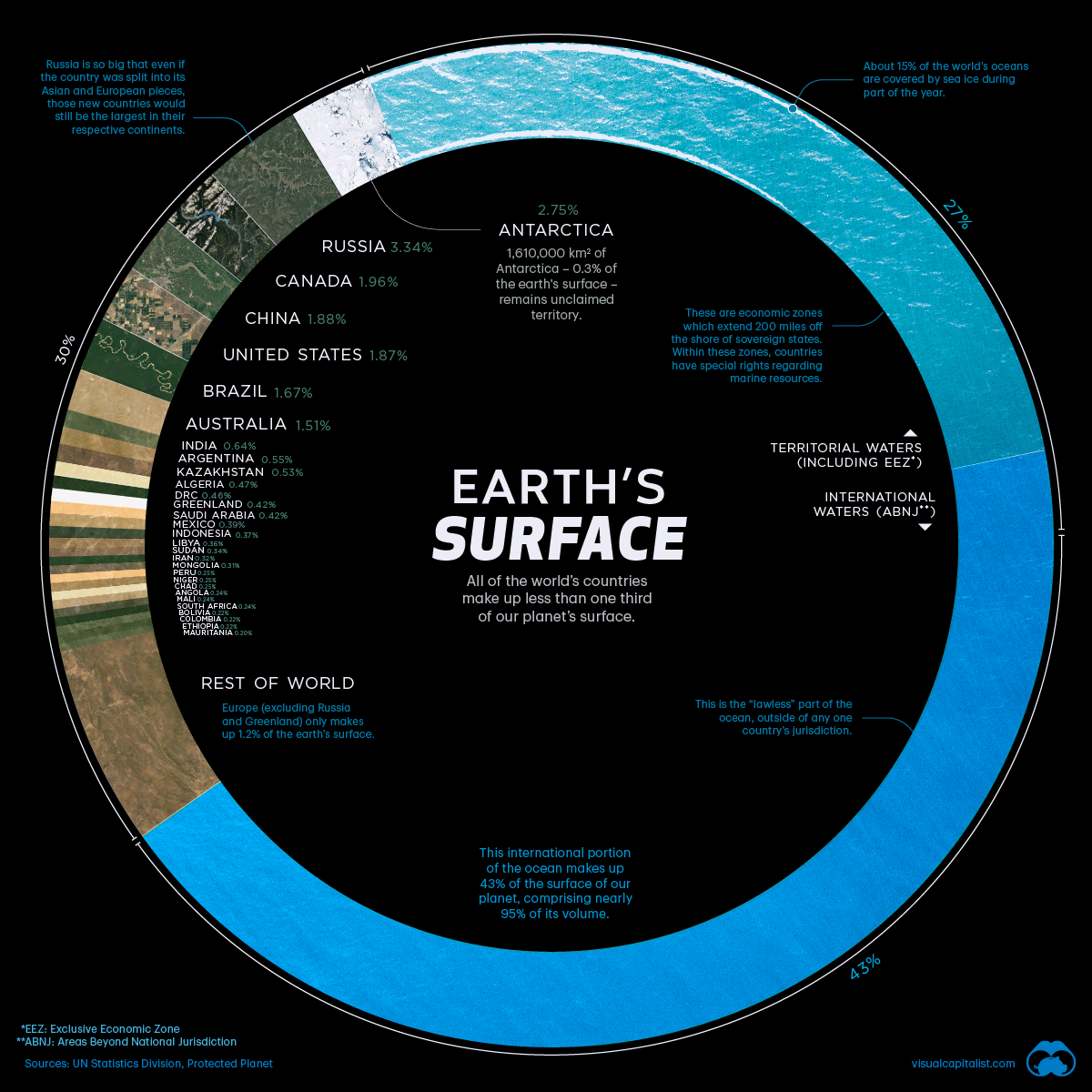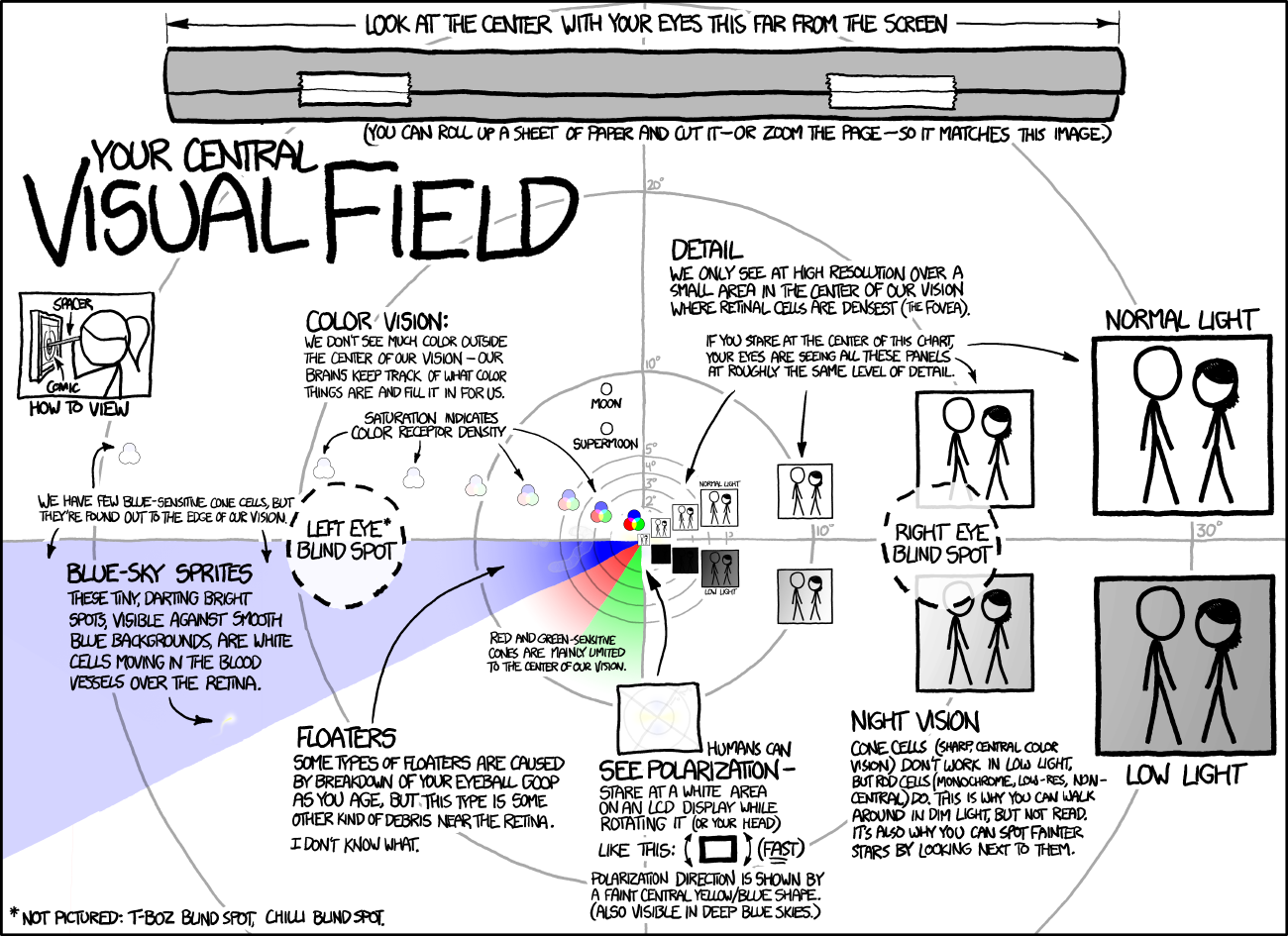I am curious (yellow) about the source of that data.
You are using an out of date browser. It may not display this or other websites correctly.
You should upgrade or use an alternative browser.
You should upgrade or use an alternative browser.
[RD] Daily Graphs and Charts II: Another 10,000 to come.
- Thread starter Cutlass
- Start date

Twin deliveries per 1000 total deliveries in 2010–2015.
Since the 1980s, the global twinning rate has increased by a third, from 9.1 to 12.0 twin deliveries per 1000 deliveries, to about 1.6 million twin pairs each year.
The absolute and relative number of twins for the world as a whole is peaking at an unprecedented level. An important reason for this is the tremendous increase in medically assisted reproduction in recent decades. This is highly relevant, as twin deliveries are associated with higher infant and child mortality rates and increased complications for mother and child during pregnancy and during and after delivery.
According to an old saying, "India is larger than the world".
Paul in Saudi
Emperor
This meets a long-standing need of mine. I never understand what those earthquake numbers mean.

Published by the current tory government, so probably not biased against Thacher:
Equality:
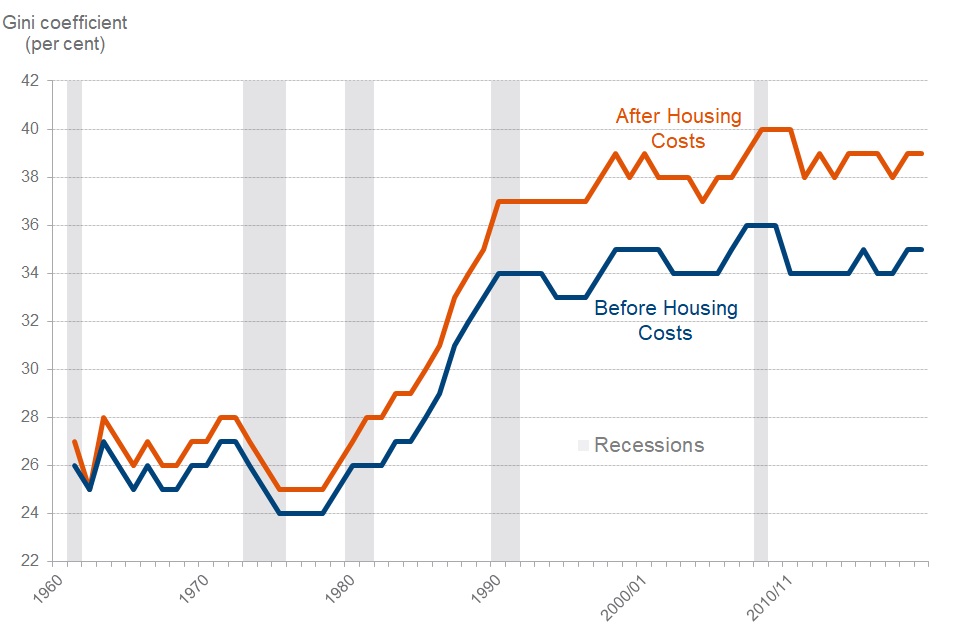
Poverty:
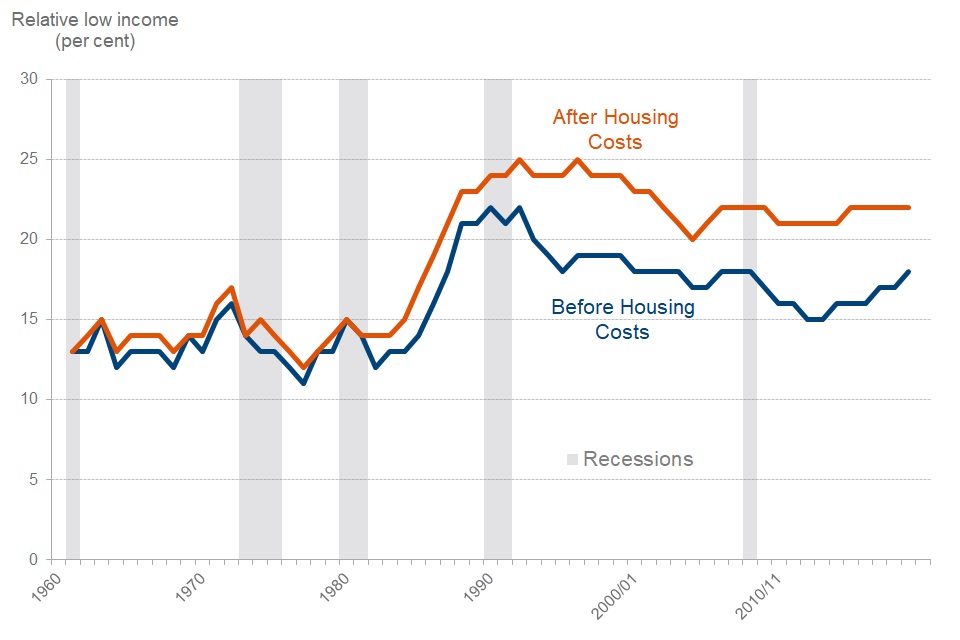
The headline figure that brought me to this is 4.3m children (31%) were in poverty in the UK BEFORE the lockdowns started (March 2020).
Equality:

Poverty:

The headline figure that brought me to this is 4.3m children (31%) were in poverty in the UK BEFORE the lockdowns started (March 2020).
Last edited:
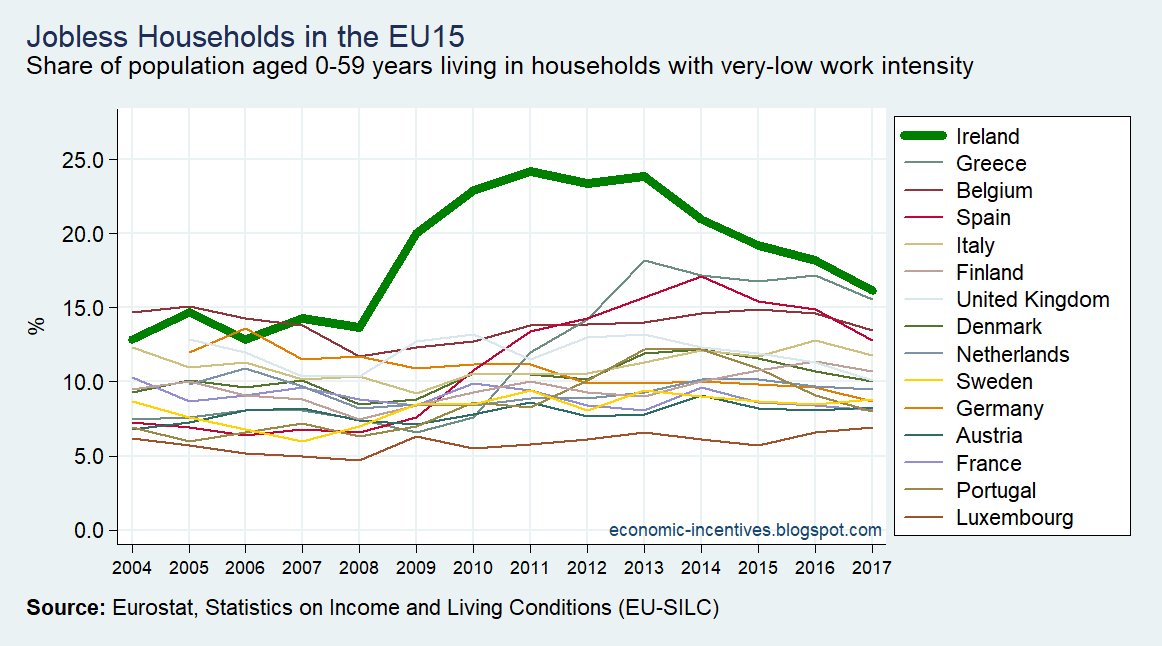
The indicator persons living in households with very low work intensity is defined as the number of persons living in a household where the members of working age worked less than 20 % of their total potential during the previous 12 months.
The work intensity of a household is the ratio of the total number of months that all working-age household members have worked during the income reference year and the total number of months the same household members theoretically could have worked in the same period.
A working-age person is a person aged 18-59 years, with the exclusion of students in the age group between 18 and 24 years.
Lohrenswald
世界的 bottom ranked physicist
love to live in a sustainable society
Lebanon is kind of messed up:
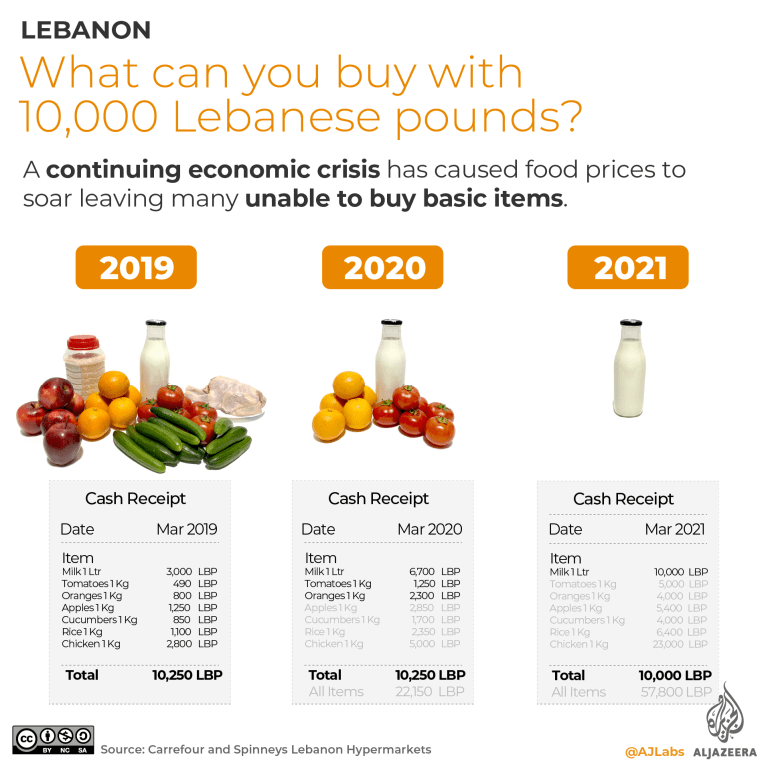
Why is milk so expensive?
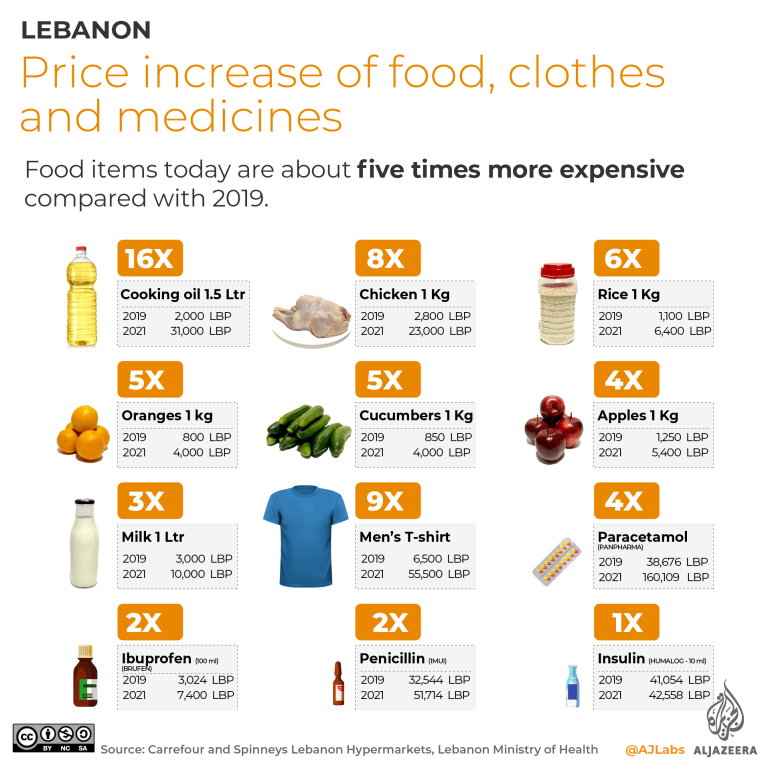
Why has insulin not changed, when everything else has?
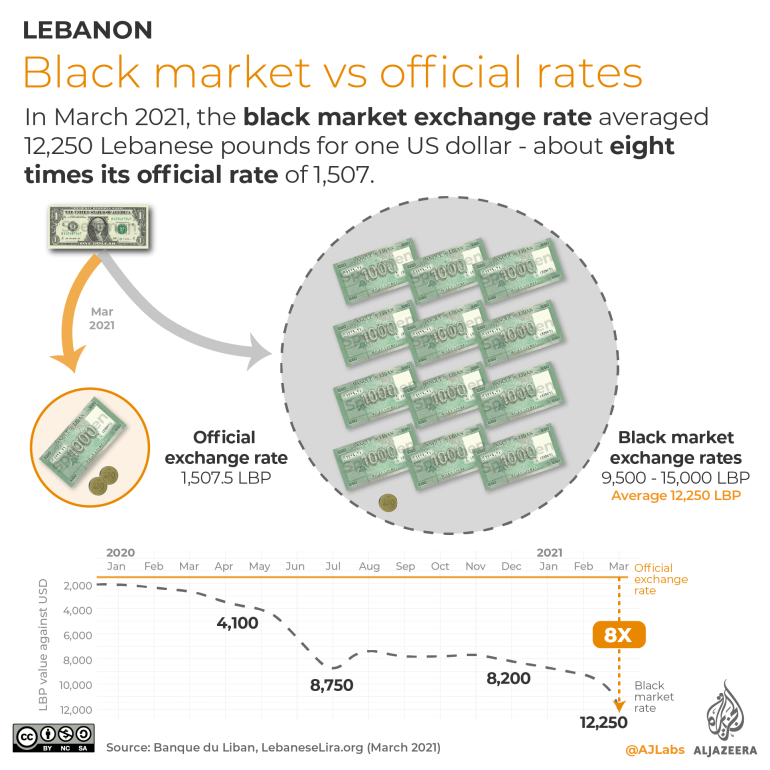
I never really get this. Are there some trades here that no one would make?
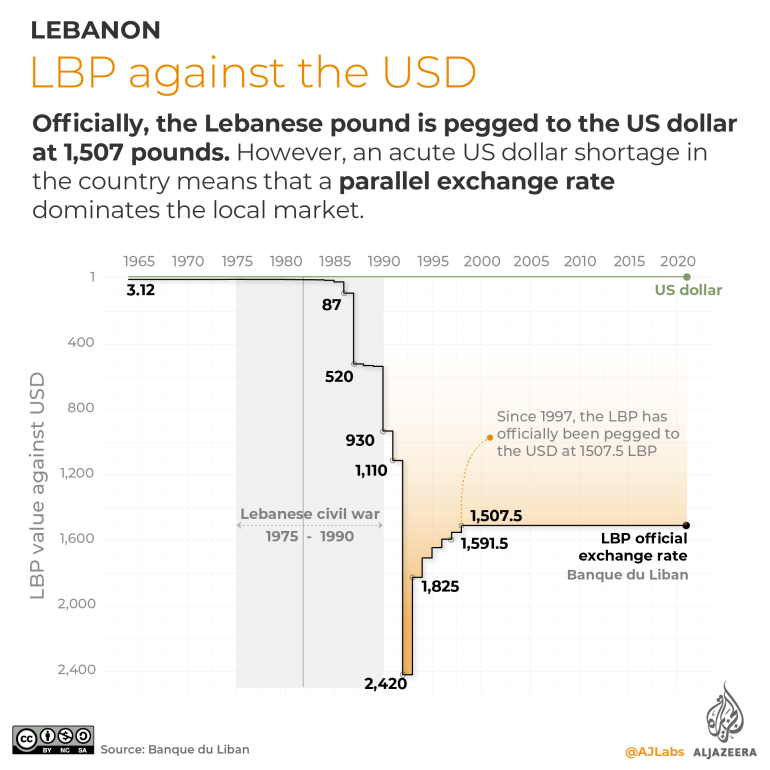
Again, not quite sure how this works.

So not that bad?

Why is milk so expensive?

Why has insulin not changed, when everything else has?

I never really get this. Are there some trades here that no one would make?

Again, not quite sure how this works.

So not that bad?
EgonSpengler
Deity
- Joined
- Jun 26, 2014
- Messages
- 12,260
Last year I read a book about the hyperinflation in Germany following the First World War. Prices were going up so fast, men would take their pay in cash, hand half of it to their wives and split up: One would sprint to the grocery to buy the week's food and the other would run to the utilities office to pay the electric bill in person. I guess at some point, money became useless and people just started bartering. But an economy without viable currency can't accommodate anything that isn't a consumable commodity or an immediate service. Banking stops, construction stops, transportation stops, government services stop. Whole economic sectors shut down. I suppose farmers could at least feed themselves, until they started to run out of seed and fertilizer and fuel for their tractors. Eventually, you could sell your furniture to buy a loaf of bread, but maybe burning it for heat was a better use for it.So not that bad?
My "not so bad" comment was that over a few years when the economy collapsed, in no small part due to the port that was a crucial part of their trade based economy blew up, and as documented in the above graphs, their national debt only went from ~140% GDP to 170% GDP.Last year I read a book about the hyperinflation in Germany following the First World War. Prices were going up so fast, men would take their pay in cash, hand half of it to their wives and split up: One would sprint to the grocery to buy the week's food and the other would run to the utilities office to pay the electric bill in person. I guess at some point, money became useless and people just started bartering. But an economy without viable currency can't accommodate anything that isn't a consumable commodity or an immediate service. Banking stops, construction stops, transportation stops, government services stop. Whole economic sectors shut down. I suppose farmers could at least feed themselves, until they started to run out of seed and fertilizer and fuel for their tractors. Eventually, you could sell your furniture to buy a loaf of bread, but maybe burning it for heat was a better use for it.
I found the point was that national debt didn't seem to predict disaster very well
Similar threads
pre-release info
Detailed Civ and Leader Comparison Charts
- Replies
- 55
- Views
- 12K
- Replies
- 4
- Views
- 240
- Replies
- 128
- Views
- 13K
- Replies
- 278
- Views
- 15K

